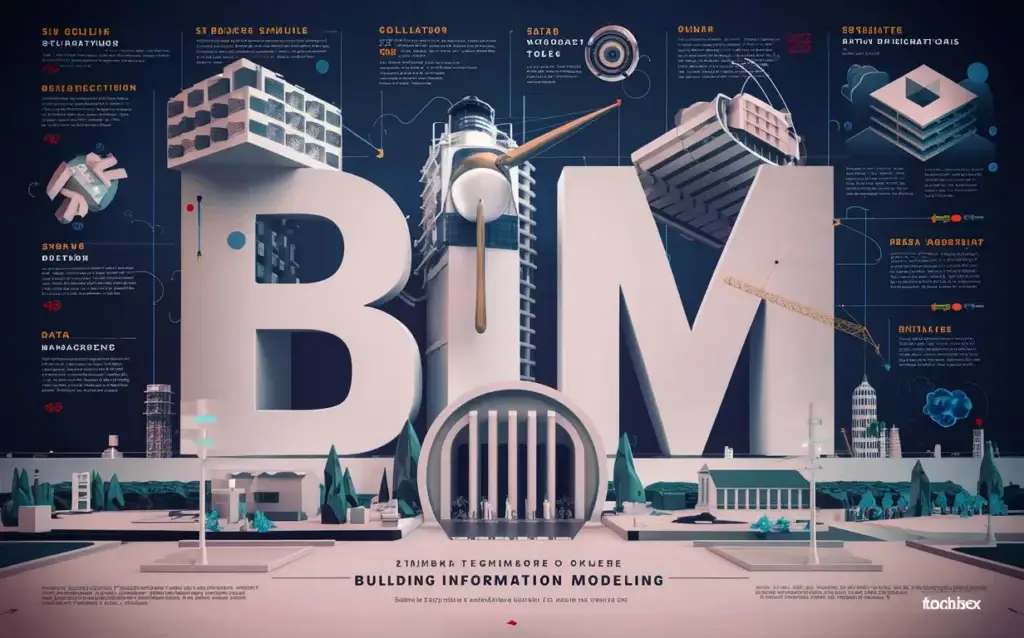Effective corporate governance: an overview
The importance of effective corporate management is a key factor in the success of organisations. A well-managed organisation can achieve its goals efficiently, increase employee motivation and ensure long-term success. Effective leadership involves the ability to define clear goals, develop strategic plans and optimise the use of company resources. In addition, creating a positive working environment is essential to encourage employees to perform at their best. Effective leadership plays a key role in the sustainability of an organisation [...]
Effective corporate governance: an overview Read more »

















